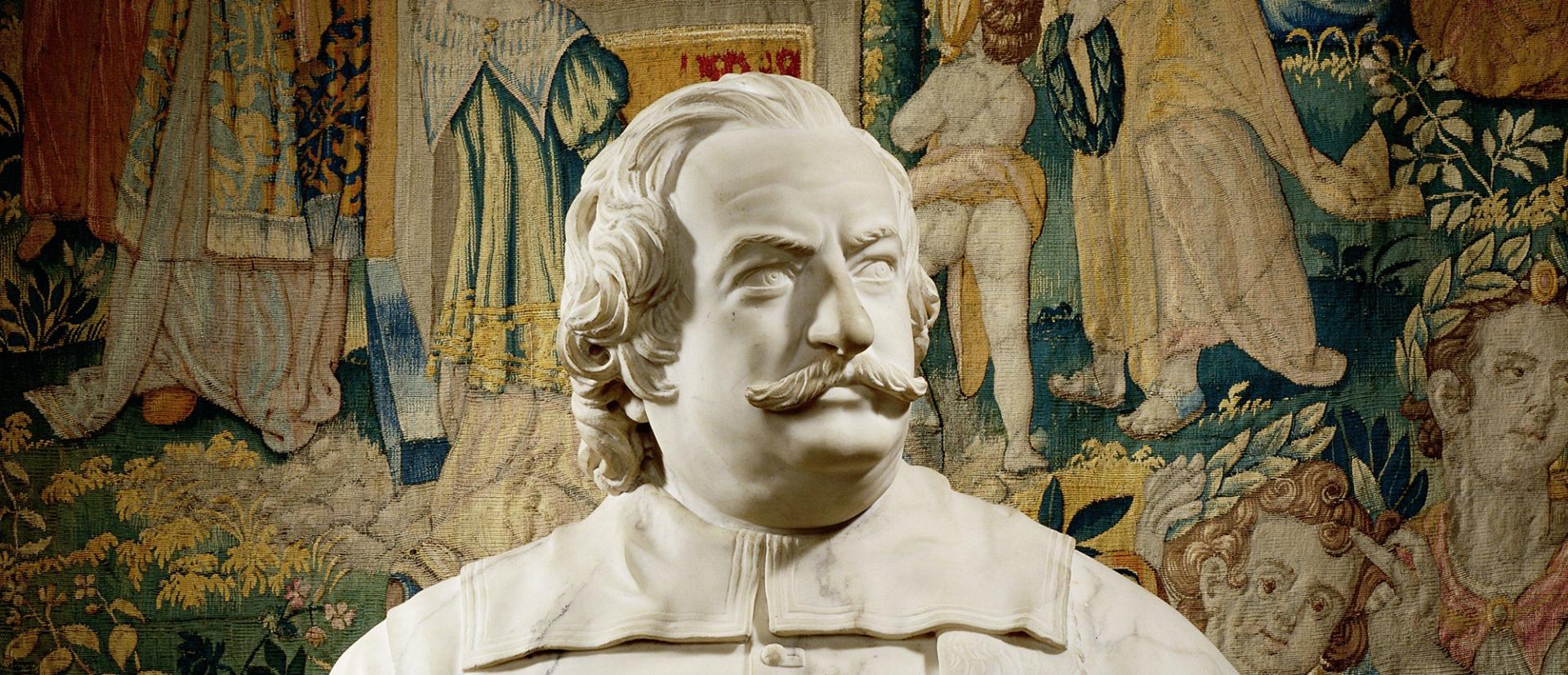Call for Papers: Art on Demand

Objects, Knowledge and Ideas from the Low Countries in Sweden, 1400-1800
Symposium
- Art on Demand: Objects, Knowledge and Ideas from the Low Countries in Sweden, 1400-1800
- 8 May 2024 The Hague, RKD – Netherlands Institute for Art History
Academic committee
Alex Alsemgeest (Rijksmuseum, Amsterdam), Quentin Buvelot (Mauritshuis, The Hague), Angela Jager (RKD, The Hague), Rieke van Leeuwen (RKD, The Hague), Martin Olin (Nationalmuseum, Stockholm), Juliette Roding (independent, previously Leiden University)
Art on Demand: Objects, Knowledge and Ideas from the Low Countries in Sweden, 1400-1800
The risks and challenges of migration are of compelling interest today. Over the past thirty years, research on the migration of early modern artists and on cultural exchange between the Low Countries and Sweden has advanced steadily, and addressed many themes. The Dutch and Flemish artists’ communities in Stockholm, and the careers of individual artists at the Swedish court, in the service of the Swedish nobility or Dutch industrial entrepreneurs in particular, have received fresh attention, as has the history of the collecting of Netherlandish art in Sweden.
On 8 May 2024, a symposium at the RKD – Netherlands Institute for Art History will mark the launch of the heavily annotated and illustrated digital English language version of Horst Gerson’s chapter on ‘Sweden’ from his Ausbreitung und Nachwirkung der holländischen Malerei des 17. Jahrhunderts of 1942 (The Dispersal and Legacy of Dutch 17th-Century Painting). For historians of Dutch 17th-century painting, in 1942, Gerson’s study of the integration of Dutch art in Sweden was largely uncharted territory, although there were Swedish studies in the field. The launch of the translated and annotated version of Gerson’s text marks the perfect occasion to discuss, contextualize, and rethink his original ideas in the light of present and developing knowledge.
The organizers welcome unpublished contributions on a broad range of topics relating to Dutch and Flemish artists, artisans and art production in Sweden and its then major territories. These include: painting, drawing, graphic arts, tapestry, jewellery, sculpture and architecture, collecting and the art market, the looting of Dutch and Flemish art during the Thirty Years’ War, as well as the contribution of Dutch and Flemish migrants to many forms of material culture.
Papers will be 20 minutes long, and might address the following themes and questions:
- Fresh approaches to the careers of practitioners from the Low Countries at the Swedish court, in the service of the Swedish nobility, Dutch entrepreneurs and in urban centres (including monographic studies).
- How did those interconnected fields function as hubs of cross-cultural exchange between individuals, and of production?
- Less-studied works by Dutch and Flemish artists and artisans who were active in Sweden between 1400 and 1800.
- What were the workshop practices and techniques employed by Dutch and Flemish artists and artisans in Sweden, and how did these interact with local artistic traditions and impact on technical and art literature?
- What were the social networks and professional relationships that linked and supported Netherlandish and Swedish makers, art dealers and collectors?
- What was the market for Dutch and Flemish artistic goods in Sweden, and how did it develop over time?
Proposals
Please submit a preliminary title, abstract (max. 300 words) and a short cv to Rieke van Leeuwen (leeuwen@rkd.nl) before 20 December 2023. Speakers will be notified by 15 January 2024. Selected presentations will be considered for publication. Please contact the organizers with any questions concerning the conference and this call for papers.